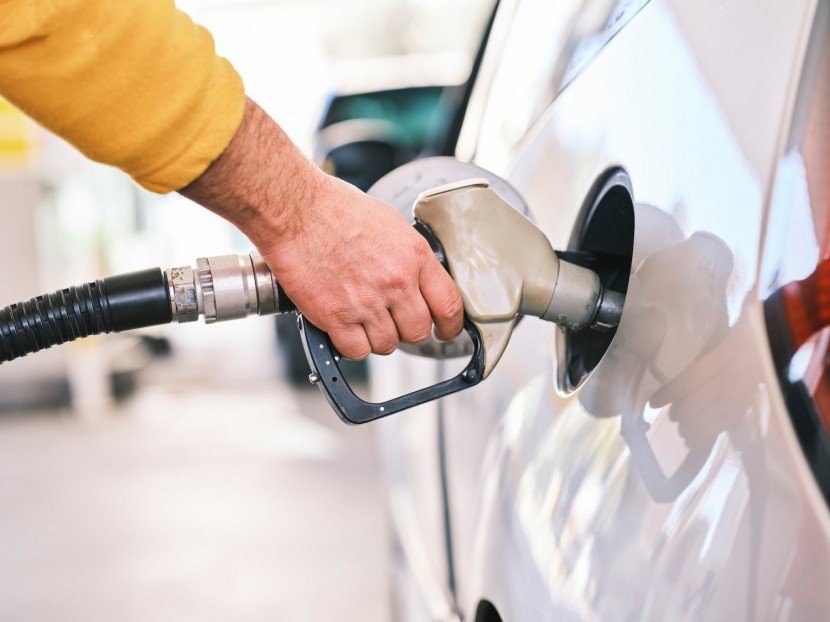
Keeping the money flowing to maintain the country's roadways is a top priority for many US states. For far over a century, this goal has been accomplished via the collection of revenue through taxes on gasoline.
Since inflation, improved fuel economy, and the proliferation of electric vehicles (EVs) have all reduced the amount of money brought in by these taxes each year, a dilemma has arisen. Different concepts are being tested by states as potential replacements for these levies.
Inflation, Improved Fuel Efficiency, and the Growing Popularity of EVs Have All Contributed to a New Problem
According to Fox Business, increasing support has been shown for the idea of charging motorists per mile driven rather than per gallon. One alternative proposal involves imposing a charge on power used by public charging stations for automobiles.
Another method is to add fees to deliveries made directly to a customer's door.
Now, states are debating whether or not to implement obligatory participation in the programs.
In 2015, Oregon launched a test program that charges drivers based on the number of miles driven rather than the amount of gas used by their vehicles. To take part, drivers only need to sign up online, connect a gadget to their car, and start tracking their mileage.
With this, the federal government is also considering launching its own pilot program, with $125 million allocated from US President Joe Biden's infrastructure bill, which he signed into law in November 2021.
Only three states--Oregon, Utah, and Virginia--are really profiting from road usage charges, as reported by AP News. Hawaii is the next state to join.
Last year, in order to pay for infrastructure improvements, the state of Colorado started taxing Amazon and other online merchants by 27 cents for each package delivered to residents' homes.
Electronic toll systems have been put through their paces in other states, too.
According to the US Bureau of Labor Statistics, EV sales in the US increased from 0.1% of total automotive sales in 2011 to 4.6% in 2021. By 2030, they will account for 40% of revenues, according to S&P Global Mobility.
Since 2010, the Mineta Transportation Institute at San Jose State University's National Transportation Finance Center has performed annual nationwide surveys. Asha Weinstein Agrawal, the institute's director, said that there is rising support for mileage-based pricing, discounted rates for low-income drivers, and pollution-based prices.
According to Doug Shinkle, director of the transportation program at the nonpartisan National Conference of State Legislatures, states will soon need to make the programs compulsory after almost 20 years of anticipation, more than a decade of trial initiatives, and years of a voluntary approach.
"The impetus at this point is less about collecting revenue than about establishing these systems, working out the kinks, getting the public comfortable with it, expanding awareness around it," he stated.
© 2025 HNGN, All rights reserved. Do not reproduce without permission.








